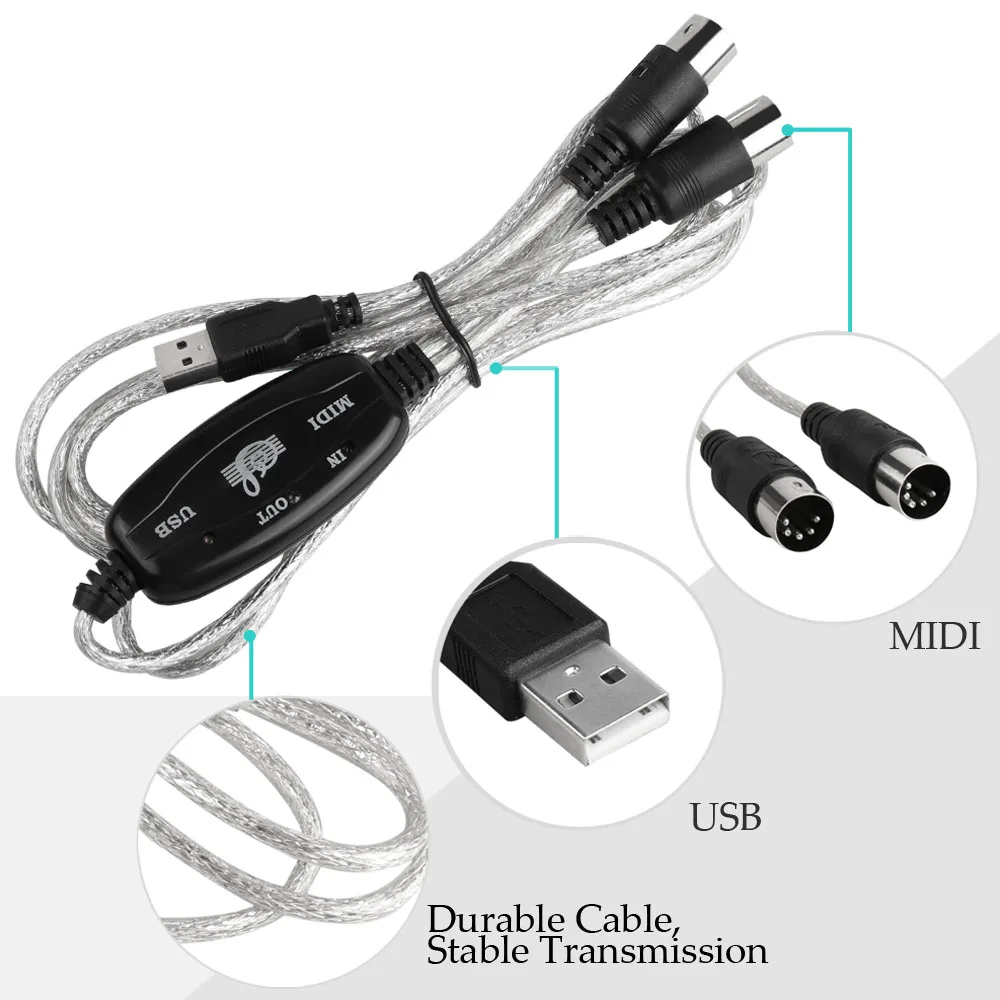

An additional four bucks would send it into a new price point at MAP. It's a little box of faders and buttons which lists for $83.99 with MAP at $59.99. For example, let's look at the Korg Nanocontrol. Might be useful to look at how all this would affect a specific product.

But also: is there a free serial port available on the microcontroller? Are there any additional tooling costs? Does the height of the DIN jack affect other aspects of the mechanical design? Is there available real estate on the printed circuit board?

This ignores several potentially non-trivial intangibles: additional parts count in the bill of materials, and inventory costs associated with that. All told, you're talking about a dollar at most at manufacture, so let's say 4 bucks at retail. I'm sure the big boys pay less than this. The optoisolator for the MIDI in side was about 17 cents. I was paying about 55 cents per DIN jack. The most expensive component is the connector itself. * no need to buy an adapter to connect to a computer, reducing clutter/cabling/expense (typically $35-$40 for name brand, though some people are fine with the generic ones at about $5)Īnyone care to guess the cost savings of excluding a set of MIDI DIN ports? * There has been some discussion that jitter may be worse over USB, i.e. There will probably be some kind of adapters or backward compatibility for USB for quite some time, but that can still introduce compatibility issues, especially since, unlike most devices, not only does MIDI have to functionally work, but its timing has to be impeccable. USB is likely to fade away just as serial, parallel, SCSI, and firewire have. * MIDI has been a standard for 30 years, and will likely be supported for the rest of our lives. * less delicate, more secure connection to the keyboard * greater maximum cable length (without having to add more electronics) * standard MIDI has opto-isolation which can reduce noise * one MIDI device can be plugged directly into another MIDI device (for example, you could connect two standard MIDI keyboards together you cannot connect two USB keyboards together without a computer or similar device in between) To answer ashevillecabbie's question (from his NP30 thread, where I didn't want to go far OT), here is why I think standard MIDI is preferable to USB on a keyboard, if you have to choose a board with just one or the other:


 0 kommentar(er)
0 kommentar(er)
